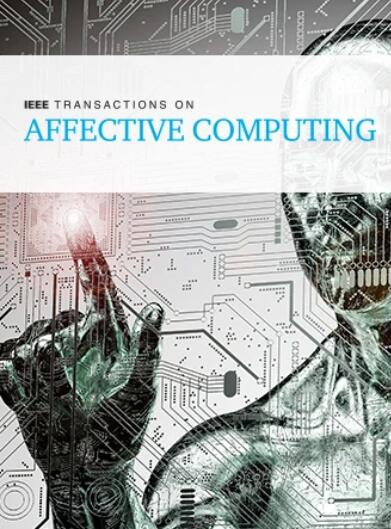Leaving None Behind: Data-Free Domain Incremental Learning for Major Depressive Disorder Detection
IF 9.8
2区 计算机科学
Q1 COMPUTER SCIENCE, ARTIFICIAL INTELLIGENCE
引用次数: 0
Abstract
While deep learning techniques have shown promising performance in the Major Depressive Disorder (MDD) detection task, they still face limitations in real-world scenarios. Specifically, given the data scarcity, some efforts have resorted to aggregating data from different domains to expand the data volume. However, their effectiveness is currently limited by the domain gap and data privacy. Additionally, the class imbalance issue is particularly severe in our application, leading to biased classifying performance accordingly. To address these challenges, we propose Data-Free Domain Incremental Learning for the MDD detection (DIL-MDD) task, accommodating multiple feature distributions by only accessing well-trained models from previous domains and the data in the current domain. Specifically, DIL-MDD consists of two key modules: Adaptive Class-tailored Threshold Learning (ACTL) and Data-Free Domain Alignment (DFDA). The first module measures the discrepancy between the outputs of two sequential domains, based on which we learn a class-tailored threshold adaptively. Building on this, we differentiate between samples that either exhibit similarities or dissimilarities with the previous domain, where this similar sample set is identified to investigate the feature distribution of the historical data. The second module imposes an alignment constraint to narrow the gap between these two sample sets, thereby exploring the expertise of the previous domain. To validate the effectiveness of the proposed method, we conduct extensive experiments on the public MDD datasets, i.e., DAIC-WOZ, MODMA, and CMDC. We also apply our method to another mental health condition, Autism Spectrum Disorder (ASD), to further demonstrate its applicability. Finally, the ablation studies validate the superiority of the proposed modules.无一遗漏:用于重度抑郁障碍检测的无数据领域增量学习
虽然深度学习技术在重度抑郁症(MDD)检测任务中显示出有希望的表现,但它们在现实场景中仍然面临局限性。具体来说,考虑到数据的稀缺性,一些人采取了聚合来自不同领域的数据来扩大数据量的方法。然而,它们的有效性目前受到领域差距和数据隐私的限制。此外,类不平衡问题在我们的应用程序中特别严重,从而导致分类性能的偏差。为了解决这些挑战,我们提出了用于MDD检测(DIL-MDD)任务的无数据域增量学习,通过仅访问来自先前域中和当前域中的数据的训练有素的模型来适应多个特征分布。具体来说,DIL-MDD包括两个关键模块:自适应类定制阈值学习(ACTL)和无数据域对齐(DFDA)。第一个模块测量两个连续域输出之间的差异,并在此基础上自适应地学习类定制阈值。在此基础上,我们区分与前一个领域相似或不相似的样本,在前一个领域中,这个相似的样本集被识别以研究历史数据的特征分布。第二个模块施加对齐约束来缩小这两个样本集之间的差距,从而探索前一个领域的专业知识。为了验证该方法的有效性,我们在公共MDD数据集(即DAIC-WOZ, MODMA和CMDC)上进行了大量实验。我们还将我们的方法应用于另一种精神健康状况,自闭症谱系障碍(ASD),以进一步证明其适用性。最后,通过烧蚀实验验证了所设计模块的优越性。
本文章由计算机程序翻译,如有差异,请以英文原文为准。
求助全文
约1分钟内获得全文
求助全文
来源期刊

IEEE Transactions on Affective Computing
COMPUTER SCIENCE, ARTIFICIAL INTELLIGENCE-COMPUTER SCIENCE, CYBERNETICS
CiteScore
15.00
自引率
6.20%
发文量
174
期刊介绍:
The IEEE Transactions on Affective Computing is an international and interdisciplinary journal. Its primary goal is to share research findings on the development of systems capable of recognizing, interpreting, and simulating human emotions and related affective phenomena. The journal publishes original research on the underlying principles and theories that explain how and why affective factors shape human-technology interactions. It also focuses on how techniques for sensing and simulating affect can enhance our understanding of human emotions and processes. Additionally, the journal explores the design, implementation, and evaluation of systems that prioritize the consideration of affect in their usability. We also welcome surveys of existing work that provide new perspectives on the historical and future directions of this field.
 求助内容:
求助内容: 应助结果提醒方式:
应助结果提醒方式:


